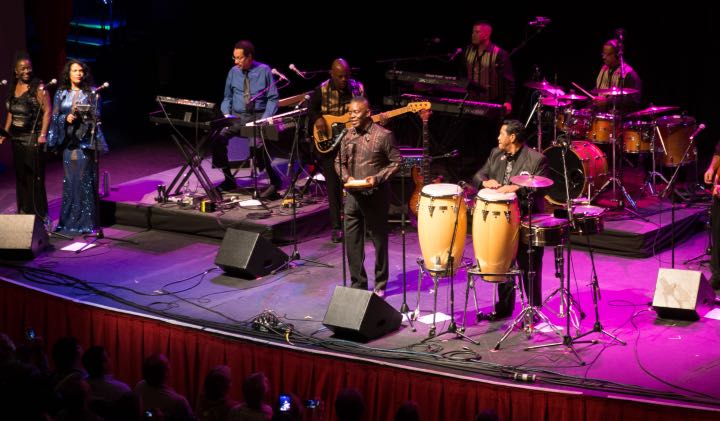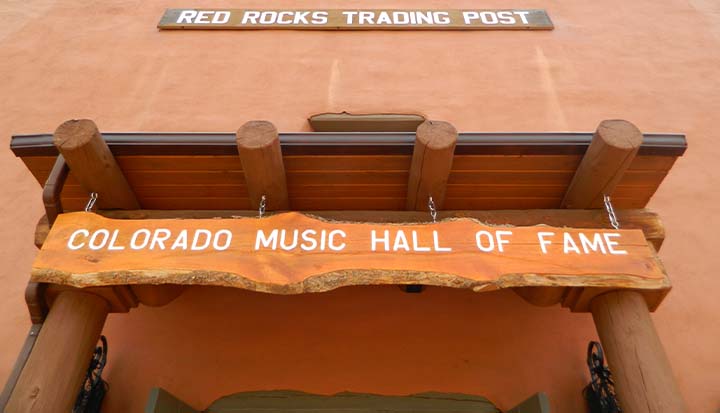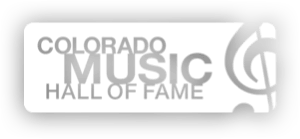Discover

Inductees
![]()

Red Rocks
![]()
Our Mission:
To celebrate, promote and support Colorado’s music community
Since 2011, The Hall has celebrated musicians, music industry professionals, venues and organizations that have woven the rich tapestry of Colorado’s music scene. Through our induction ceremonies, events, museum at Red Rocks Trading Post and our awareness-raising campaigns, The Hall is committed to sharing our state’s vibrant music culture and ensuring that Colorado’s robust music community continues to thrive.
Upcoming Events
Inaugural Golf Tournament
The inaugural Colorado Music Hall of Fame Golf Tournament is set for Monday, August 5, 2024, at Denver’s Wellshire Golf Course (3333 S. Colorado Blvd.). Wellshire is one of the oldest golf courses in the Metro area, designed in 1926 by Donald Ross, a prominent golf course designer. The [...]
Opera in the High Country 2024 Induction Class
[vc_row][vc_column][vc_column_text] The Opera in the High Country induction will be held on Saturday, June 29th in the historic Teller House and the Central City Opera House located on Eureka Street in Central City, 35 miles west of Denver. The special event will include a pre-ceremony [...]
Keep The Beat
Mental wellness in Colorado’s music industry
To support a healthy music community, The Hall has launched Keep The Beat, a mental wellness program to raise awareness, provide resources, and de-stigmatize the conversation around mental health and addiction within the music industry.
Donate
Help Colorado’s music industry thrive
Colorado is ranked the worst state in the U.S. for access to mental health care for adults. Help our musicians and industry professionals access resources and counseling when they need it. Support Colorado’s music community-on and off the stage.
Barnstorm & Joe Walsh
Best known for what he once called the “national anthem of Colorado,” Joe Walsh came out to Colorado from Cleveland in the early 1970s. The success of his band the James Gang, with hits like “Funk #49” and “Walk Away,” and in his solo career was largely [...]
eTown
Founded by Nick and Helen Forster in 1991, eTown is a live, music-based radio show recorded in front of an audience but with a new [...]
George Morrison Sr.
Admirers of George Morrison Sr., of which there are many, feel he is to Denver jazz what Louis Armstrong was to the sound of New Orleans. But while Morrison, appropriately referred to as “Denver’s godfather of [...]
